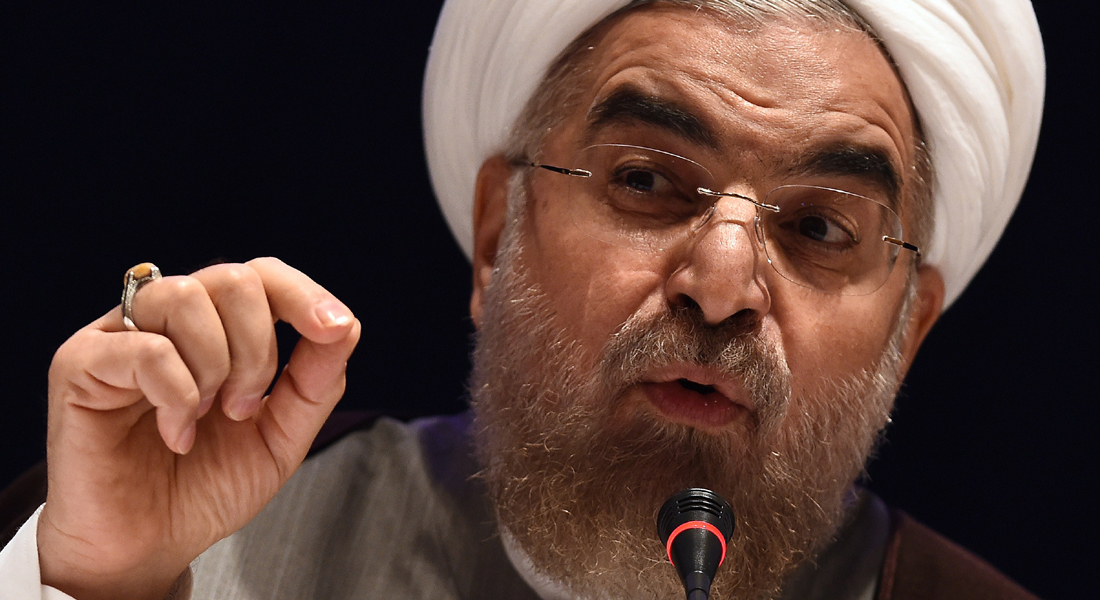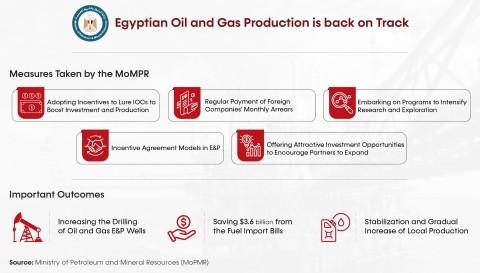The Iran government is revising its draft budget to assume a base oil price of $40, from $72, the state-run Fars News Agency reported Finance and Economy Minister Ali Tayebnia as saying today.
The Iran government is revising its draft budget to assume a base oil price of $40, from $72, the state-run Fars News Agency reported Finance and Economy Minister Ali Tayebnia as saying today.
Iran, its oil exports curbed by sanctions, is lowering the crude price for this year’s budget to $40 a barrel as the energy slump affects governments and industry.
The government is revising its draft budget to assume a base price of $40, from $72, the state-run Fars News Agency reported Finance and Economy Minister Ali Tayebnia as saying Jan. 15. The minister said some projects will have to be halted, according to Fars. Iran’s calendar year begins March 21.
Prices of Brent, a benchmark for more than half the world’s oil, have dropped about 50% in the past year, forcing governments to reduce subsidies on diesel, natural gas and utilities and companies to cut billions from capital budgets. Qatar Petroleum and Royal Dutch Shell Plc called off plans to build a $6.5 billion petrochemical plant.
“Most Gulf countries are pricing $50 oil for 2015,” said Naeem Aslam, chief market analyst at Dublin-based Avatrade Ltd. in a phone interview from Dubai. “Creditors want to be sure they recoup their money so there could be hesitation to starting up new projects.”
Iran President Hassan Rouhani presented a budget to lawmakers on Dec. 7 based on $72 oil. Since then, Brent crude has dropped about 30%. It budgeted $100 oil last year.
Iraq, the second-biggest member of the Organization of Petroleum Exporting Countries, is using $60 in its budget. Saudi Arabia, the biggest producer, is probably assuming $80, according to John Sfakianakis, a former Saudi government economic adviser. Kuwait has propsed basing its 2015-16 budget on oil at $45.
Rouhani said December 7 that he expected oil prices at five-year lows to place “short-term pressure” on state revenue. Saudi Arabia has rebuffed calls from Iran and others in OPEC to cut output amid a struggle with U.
S. shale producers for market share.
Iran faces international sanctions on its energy industry over its nuclear program, with the European Union banning imports of crude from the country. It produced 2.77 million b/d of oil in December, down from an average of 3.58 million in 2011, according to data compiled by Bloomberg.
Source: Bloomberg












